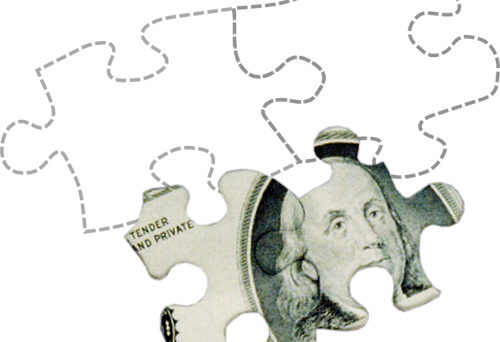 By now, we’ve all heard that the U.S. population, on average, is aging and that a large portion of it is getting closer and closer to retirement. This fact has repercussions far beyond its effects on social security, the health care industry, the national workforce, and shifting geographic dimensions. What has gone largely unnoticed but is finally gaining attention is that one of the largest transfers of wealth anyone has ever seen will likely occur over the next 15 years as the Baby Boomers all move into their Golden Age and beyond. For each individual, this wealth transfer should happen according to a structured personalized plan which involves consideration of all forms of net worth, including interests in businesses.
By now, we’ve all heard that the U.S. population, on average, is aging and that a large portion of it is getting closer and closer to retirement. This fact has repercussions far beyond its effects on social security, the health care industry, the national workforce, and shifting geographic dimensions. What has gone largely unnoticed but is finally gaining attention is that one of the largest transfers of wealth anyone has ever seen will likely occur over the next 15 years as the Baby Boomers all move into their Golden Age and beyond. For each individual, this wealth transfer should happen according to a structured personalized plan which involves consideration of all forms of net worth, including interests in businesses.Over the years, I’ve had clients and even business partners who said they plan on working until they can’t work anymore. Whether it’s because of financial necessity, the need to stay active or the enjoyment they receive from working, these entrepreneurs of yesterday deserve being given the opportunity to make their own exit strategies. After all, they are the ones who built the businesses that opened doors for so many others to gain employment and to save toward their own dreams! With a plan in place to gift or sell ownership in such businesses, owners create a viable way to transfer wealth to their kids, trusts or others or to realize the years of sweat equity by cashing out on the measurable value that has accumulated.
A transfer of a business interest should not happen in a reactive fashion to life-altering events that can be tragic in nature. It should happen according to a scheduled and structured plan that considers tax implications for both the donor and the recipient(s). Ultimately, part of the process of transferring the interest involves appraising the business interest. Often, an initial appraisal is done long before the actual transfer occurs so that an estimated value for the interest can be included in the planning itself. This is similar to an appraisal used for the purpose of determining the price to sell an interest, if the owner decides to cash out instead of transfer the value.
With an increase in the population reaching the age where unexpected events affecting health are more likely to occur, such aging business owners should be taking steps to put a plan in place, if they haven’t already, to transfer wealth or sell their interests from a position of strength. Among others, get to know a business appraiser – that person will play a vital role in helping you accomplish this. Feel free to contact me at stevenfultonberg@gmail.com if you want to get the process started or if you just have general questions.

 Consider yourself lucky if you sold a stock at or near its high point or jumped in when it was near its bottom. As difficult as that is to accomplish, taking action at the ideal time is much easier to do when you’re considering the gift of your own company stock.
Consider yourself lucky if you sold a stock at or near its high point or jumped in when it was near its bottom. As difficult as that is to accomplish, taking action at the ideal time is much easier to do when you’re considering the gift of your own company stock.